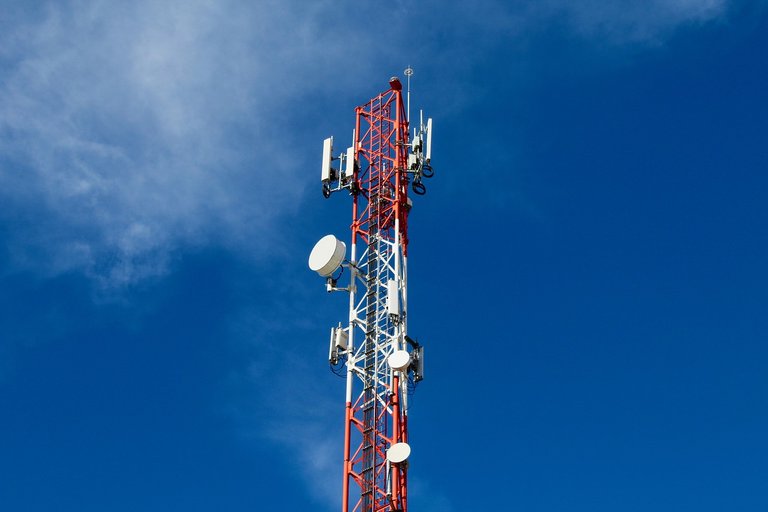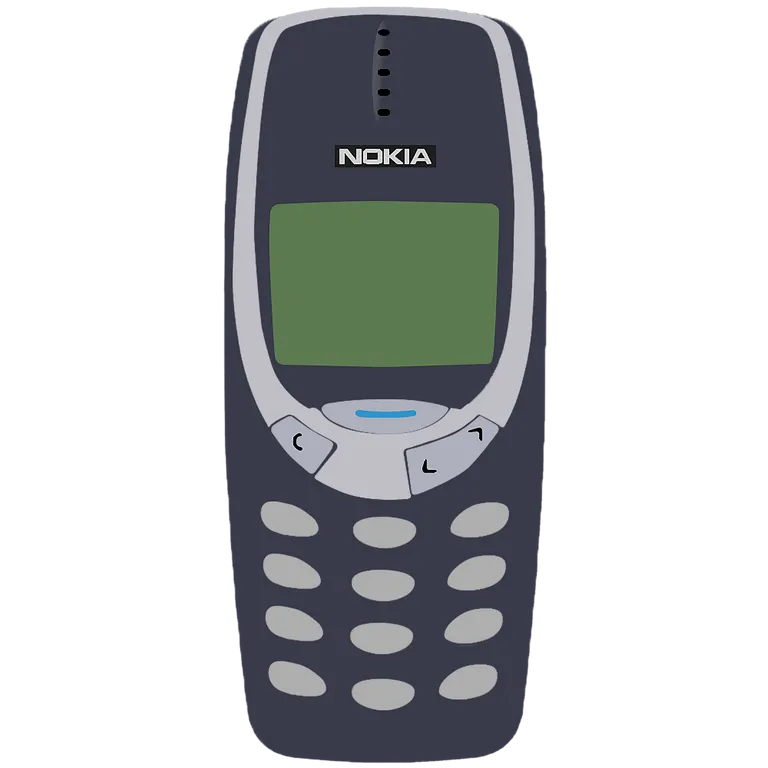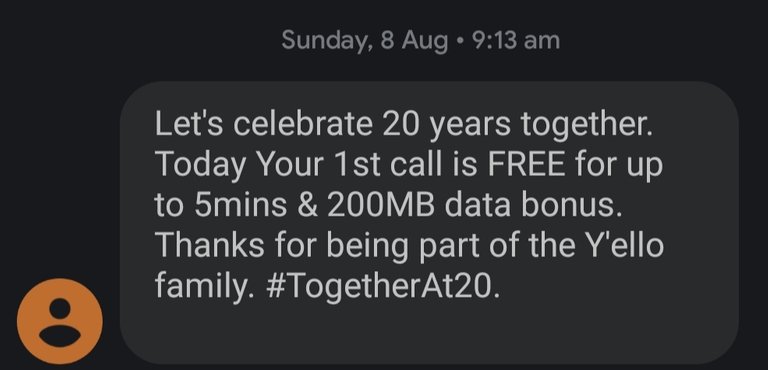Growing Strong After two Decades Of Existence

I received a text message from my mobile phone service provider three weeks ago announcing the celebration of their twentieth year of operation in Nigeria. The message also expressed their gratitude to me for being a subscriber on the network. They credited my line with a bonus of airtime and data bundle to commemorate the anniversary. A gesture that I appreciated.
Later on in the day, I began to muse about the message I received from my mobile phone service provider. I recalled the challenges that Nigerians encountered in communication before the advent of mobile telecommunications service providers in the country. Nigerians depended solely on the services of the state owned telecommunications service provider known as NITEL. Their services were poor and inadequate. Network coverage was not also extensive. Most Nigerians had to rely on the Postal Service and private couriers to communicate with each other mainly by letters. The letters sometimes took several days before it is delivered to the recipients due to their location. I appreciated the service rendered by the mobile telecommunications service providers in Nigeria as I recollected the challenges that were in the sector in the past. They have made communication convenient and accessible to Nigerians in the past two decades.

The first mobile phone used by my dad || image source
A lot of progress has been made in the mobile telecommunications sector in Nigeria since operations began in 2001. I recall how expensive their services were in the past. My dad purchased his first mobile phone the famous 'Nokia 3310' and a SIM card for a substantial sum of money(fifty-four thousand naira). A feature phone that could not access the Internet! It was a big deal to own this phone back then. My dad like other Nigerians were not really concerned about the features of phones back then. They were more interested in being able to communicate at their convenience wherever they were at that point in time. The need to wait for days before your message is delivered or paying a visit to whoever you wanted to communicate with because they reside far away from you was a trend Nigerians wanted to end. It cost us valuable time. The high cost of mobile phones and SIM cards were one of the initial challenges confronting the sector. Nigerians were happy at that point in time about the deployment of mobile telecommunications services in their lives. It made communication easy and fast. Those who could afford using it did so.
Inadequate network coverage was another challenge that had to be resolved by the telecommunications service providers. Communication was mitigated in most parts of the country due to poor network coverage. The popular adage which says that "Rome was not built in a day" comes to mind. Provision of quality service in the sector will take some time to be implemented. The stakeholders in the sector which is primarily made up of the service providers and subscribers have to negotiate their way past these challenges although most of the work had to be done by the service providers. A gradual and consistent improvement in the availability of network coverage was carried out by the service providers as time progressed. The prices of mobile phones and SIM card also became affordable over time.
Subscribers were not satisfied with high rates for voice calls and data subscriptions They felt the service fees charged by the service providers was outrageous. This became another issue that needed to be resolved by the service providers. It is remarkable to state that an indigenous service provider took the bold move to introduce new tariff plans for voice calls and subscriptions for data bundles. The introduction of these new offers brought about a reduction in charges on voice calls and data subscriptions. Their innovation changed the landscape for stakeholders in the sector. Subscribers were impressed by this development. They were getting more value for the service rendered to them.
A lot of development has taken place in the telecommunications sector in Nigeria over the past two decades. Mobile phones and Internet services are readily available and accessible to anyone who needs them. Network coverage is wide and generally good across the country. Rapid growth was witnessed in the use of mobile devices like smartphones and tablets in the past decade. The awareness that mobile devices like smartphones can serve as productive tools that can perform most tasks of a personal computer appealed to a lot of it's users. The high use of mobile devices capable of accessing the Internet led to an increase in data subscriptions. Subscribers began to demand for faster Internet connectivity and affordable data bundle subscriptions. The demands of subscribers had to be addressed by the service providers. The service providers lowered the price of data subscriptions and improved Internet connectivity. A move that was appreciated by subscribers.

Screenshot of a text message sent to me by my service provider announcing their 20th anniversary celebrations
The operations of service providers in the telecommunications sector in Nigeria over the last two decades has turned out to be an interesting journey . A lot of changes and improvements have been made in the sector although there is still more work that needs to be done. I hope service providers continue to enrich the lives of subscribers with their services.
Thanks for reading,
Have a splendid day folks.
cover image source: endurant.com
Hi @udezee, your post has been upvoted by @bdcommunity courtesy of @rehan12!
Support us by voting as a Hive Witness and/or by delegating HIVE POWER.
JOIN US ON
Thanks guys